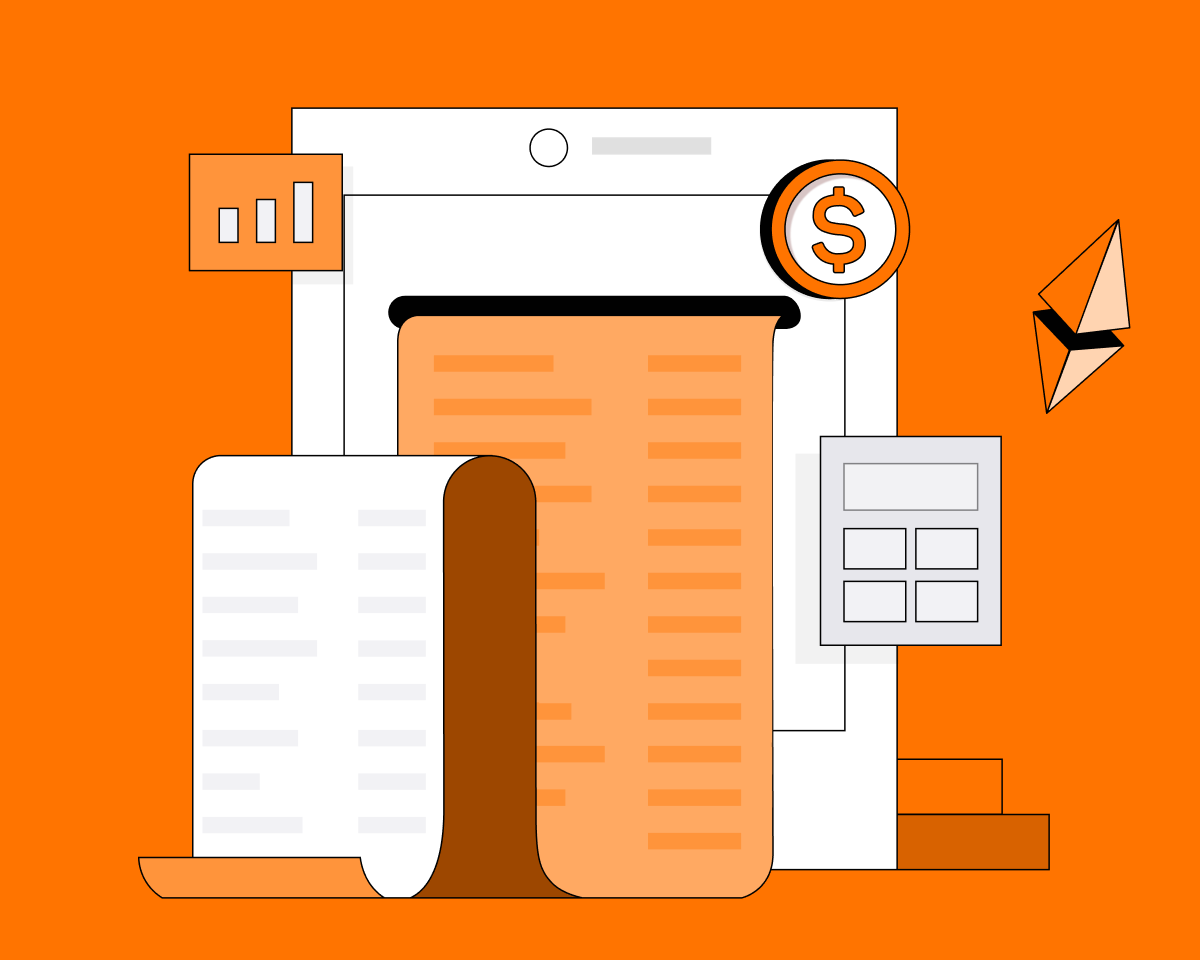Navigating the world of Bitcoin can be overwhelming, especially with its unique terminology. Here's a beginner-friendly Bitcoin glossary to help you understand the essential terms:
1. Bitcoin (BTC): The first and most well-known cryptocurrency created by an anonymous entity known as Satoshi Nakamoto in 2009. It's often referred to as digital gold.
2. Blockchain: A decentralized digital ledger that records all Bitcoin transactions. It ensures transparency and security.
3. Wallet: A digital tool for storing, sending, and receiving Bitcoin. Wallets come in various forms, including software, hardware, and paper.
4. Cryptocurrency: Digital or virtual currencies that use cryptography for security. Bitcoin is the first and most famous cryptocurrency.
5. Satoshi: The smallest unit of Bitcoin, named after its creator. One Bitcoin is equal to 100 million Satoshis.
6. Mining: The process of validating and recording Bitcoin transactions on the blockchain. Miners use powerful computers to solve complex mathematical puzzles.
7. Halving: A programmed event that reduces the reward miners receive for processing transactions. It occurs approximately every four years to control Bitcoin's inflation.
8. Hodl: A misspelling of "hold." It's a meme in the crypto community that suggests holding onto your Bitcoin investments instead of selling them.
9. FOMO: Fear of Missing Out. It describes the anxiety people feel when they see the price of Bitcoin rising and worry about missing out on potential profits.
10. FUD: Fear, Uncertainty, and Doubt. It refers to spreading negative or false information about Bitcoin or the crypto market to create fear and panic.
11. Altcoin: Any cryptocurrency other than Bitcoin. Examples include Ethereum, Litecoin, and Ripple.
12. ICO: Initial Coin Offering. A fundraising method where new cryptocurrencies are sold to investors, often before they're fully developed.
13. Pump and Dump: A scheme where the price of a cryptocurrency is artificially inflated (pumped) to attract investors and then sold off (dumped) to make a profit.
14. Wallet Address: A unique string of characters used to receive Bitcoin. It's like your account number in the Bitcoin network.
15. Private Key: A secret code that grants access to your Bitcoin holdings. Keep it safe, as losing it means losing your Bitcoin.
16. Public Key: A cryptographic key associated with your wallet address. It's used for verifying and receiving transactions.
17. ATH: All-Time High. This refers to the highest price ever reached by a cryptocurrency.
18. Bear Market: A period when cryptocurrency prices are falling or expected to fall, leading to pessimism among investors.
19. Bull Market: A period of rising cryptocurrency prices, leading to optimism among investors.
20. Whale: A person or entity that holds a substantial amount of Bitcoin, potentially influencing the market.
21. Decentralization: The absence of a central authority or control, a key principle in Bitcoin's design.
22. Public Ledger: The transparent record of all Bitcoin transactions available for anyone to view on the blockchain.
23. KYC: Know Your Customer. It's a verification process used by exchanges to confirm the identity of their users.
24. Wallet Recovery Phrase: A set of words used to recover a lost or stolen wallet. It's critical to keep this secure.
25. Satireoshi: A humorous term referring to someone who holds a small amount of Bitcoin.
These are some of the fundamental terms you'll encounter in the world of Bitcoin. As you continue your journey, this glossary will serve as a handy reference to demystify the jargon and enhance your understanding of this fascinating digital currency.


